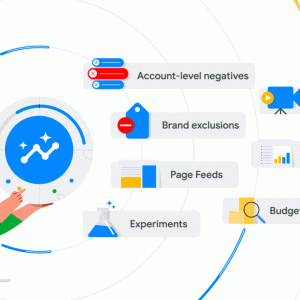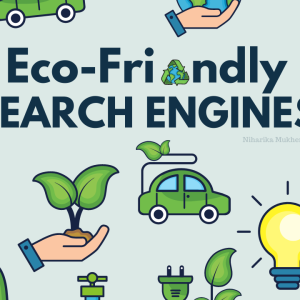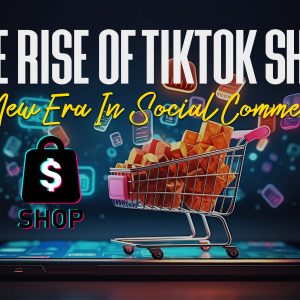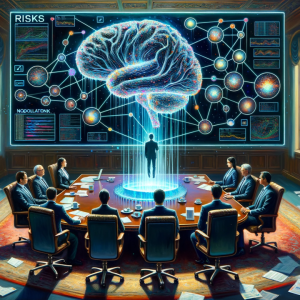
In today’s hyper-connected world, bombarded by countless marketing messages, consumers crave something more. They want to feel, to be immersed, to engage with brands on a deeper level. This is where experiential marketing comes in, a potent force transforming the marketing landscape and rewriting the rules of engagement.
Understanding Experiential Marketing: From Awareness to Connection
Experiential marketing, at its core, is about crafting memorable moments that forge emotional bonds between consumers and brands. It goes beyond traditional advertising, instead creating interactive, multi-sensory experiences that allow consumers to discover, explore, and connect with a brand’s values, personality, and products.
Think pop-up shops that transcend mere product displays and become vibrant installations, inviting consumers to participate in product demonstrations or co-create personalized experiences. Imagine live music concerts where brands become sponsors, not just advertisers, creating a shared space for brand advocacy and community building.
The Rise of Experience: Why It Matters Now More Than Ever
The rise of experiential marketing is fueled by several key trends:
- Information overload: Consumers are bombarded with marketing messages, making it increasingly difficult for brands to stand out through traditional advertising.
- Shifting consumer values: Millennials and Gen Z prioritize authenticity, engagement, and purpose-driven brands, seeking experiences over mere possessions.
- Technological advancements: Virtual Reality, Augmented Reality, and other technologies offer exciting possibilities for creating immersive and interactive experiences.
- Social media: The power of social media allows brands to amplify their experiential efforts, reaching wider audiences and generating organic buzz.
Key Ingredients for a Successful Experiential Marketing Campaign:
- Define your target audience: Understand their needs, aspirations, and pain points to tailor the experience accordingly.
- Craft a compelling narrative: Create a story that resonates with your audience and connects your brand to their values and emotions.
- Focus on interactivity and engagement: Design experiences that actively involve your audience, making them feel like participants, not passive observers.
- Embrace multi-sensory elements: Engage sight, sound, touch, smell, and even taste to create an immersive and memorable experience.
- Leverage technology: Utilize VR, AR, social media, and other digital tools to amplify the reach and impact of your experience.
- Measure and learn: Track key metrics like engagement, brand recall, and purchase intent to evaluate the success of your campaign and refine future strategies.
Experiential Marketing in Action: Case Studies of Success
Let’s delve into some real-life examples of how brands have leveraged experiential marketing to achieve remarkable results:
- Red Bull: The energy drink brand is renowned for its adrenaline-pumping stunts and events, like the Red Bull Cliff Diving World Series, creating a strong association with adventure and pushing boundaries.
- Nike: Nike’s flagship stores aren’t just retail spaces; they’re interactive playgrounds. The NikeLab in New York City features a digital running track and a personalized shoe-fitting experience, blurring the lines between shopping and athletic exploration.
- Dove: The beauty brand’s “Real Beauty Sketches” campaign used digital technology to challenge traditional beauty standards, showcasing the power of self-acceptance and empowering women through a deeply personal experience.
Beyond the Buzz: The Future of Experiential Marketing
As technology evolves and consumer expectations continue to shift, experiential marketing will undoubtedly keep innovating. Here are some exciting trends to watch:
- Personalization: Experiences tailored to individual preferences and behaviors, powered by AI and big data.
- Gamification: Integrating game mechanics and challenges into experiences to drive engagement and motivation.
- AR/VR integration: Creating hyper-realistic and interactive virtual environments that transport consumers into brand worlds.
- Sustainability: Developing eco-conscious and socially responsible experiences that align with consumer values.
The Takeaway: Embracing the Power of Experience
In a world saturated with advertising noise, experiential marketing offers a refreshing and potent approach to connecting with consumers. By creating meaningful, engaging, and memorable experiences, brands can forge lasting emotional bonds, build brand loyalty, and drive success in the age of experience.
So, are you ready to step beyond the traditional and embrace the power of experiential marketing? The possibilities are endless, and the rewards are waiting for those who dare to create truly unforgettable brand encounters.










